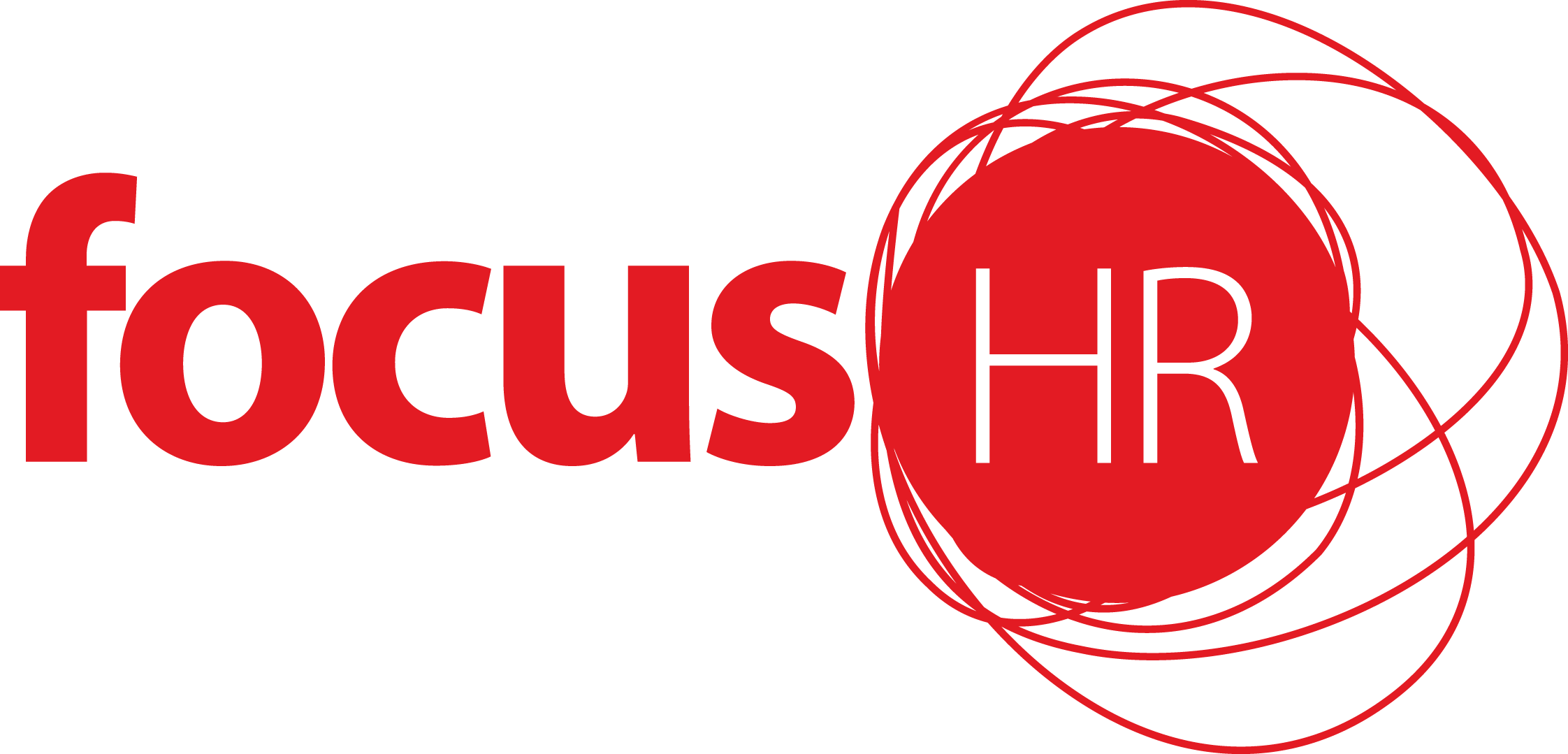From 26 August 2025, eligible casuals employed by a small business can issue a notice to their employer (in writing) to change to full-time or part-time employment under the employee choice pathway. (These changes have applied to non-small business employers since 26 August 2024).
Key Changes:
- A new regime for casual conversion to permanent employment, which focuses on “employee choice” will replace the existing regime where the predominant onus is on the employer to offer conversion to qualifying employees.
- There will be no requirement for an employee to issue a notification if they do not want to change their employment status.
- The employer must respond in writing to the employees request within 21 days to accept or reject, but consultation must occur with the employee first.
- If accepted, the employer must include in their response whether the employee will now be a part- or full-time employee, how their working hours will change and when the change will take effect.
- An employer may reject the notification if:
- the employee is still, in fact, a casual employee as defined (i.e., meets the requirements of the new section 15A(1)-(4)); or
- “fair and reasonable operational grounds” exist, such as:
- substantial changes would be required to the organisation of the employer’s business;
- there would be significant impacts on the operation of the employer’s business; or
- the employer would have to substantially change the employee’s terms and conditions of employment in order not to breach a term of a fair work instrument applying to the employee as a permanent employee; and
- accepting the notification would result in the employer’s failure to follow legally-required recruitment or selection processes.
- There are also protections against the intentional misuse of casual employment, including dismissing an employee in order to re-engage them as a casual employee and knowingly making false statements to engage a person as a casual employee.
What it is:
- Eligible casual employees can initiate a request to change to full-time or part-time employment
- An eligible employee means a casual employee who:
- believes they are no longer a casual employee at the point in time when they make the notification to their employer;
- meets the minimum employment period – 6 months (or 12 months if employed by a small business);
- is not currently (or in the last 6 months) in a dispute over their status; and
- wants to change their employment status to full-time or part-time employment.
What it is not:
- An automatic right to conversion. It is a right to request conversion.
- A never-ending cycle – an employee can only request once every 6 months.
What happens with disputes?
- Parties must attempt to resolve disputes at a workplace level first, before any referral to the FWC.
- The FWC must first attempt to resolve the dispute other than via arbitration.
Practical Tips for Employers
- Provide the Casual Employment Information Statement on commencement, and then according to the size of your business.
- For all businesses: on commencement and as soon as possible after 12 months employment
- For large businesses (>15 employees): as soon as possible after six months employment and every 12 months thereafter
- Implement a fair and objective process for assessing requests to convert to permanent and know the business grounds for fair decisions.
- Update existing policies and procedures regarding casual conversion to ensure they reflect the new laws including referencing handling disputes about status of employment in any existing Grievance/Dispute Handling policy.
For further support in navigating this new legislation, please reach out to our team.

